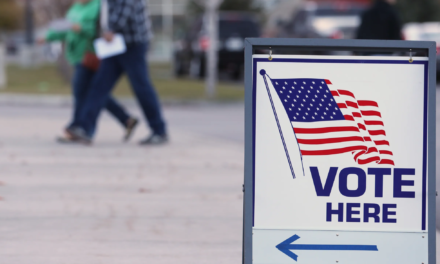One new state law and two pending ones could impact businesses and employees in the Commonwealth.
House Bill 1200, the Cannabis Health and Safety Act, was passed in May by the State House. The bill would decriminalize personal possession and the production of cannabis. Punishments for such infractions would result in a fine. The bill would also allow eligible adults to grow a limited number of plants in their home.
The legislation was rejected by a state Senate committee, but a corollary was filed last week. This could lead to legalization of marijuana for recreational use in Pennsylvania.
This could cause potential problems for business owners who conduct preemployment drug testing. Trevor Serine, a business attorney in Media, is advising his clients to revisit their drug testing policies.
“We’ve been telling our clients to take a more practical, liability-focused approach to cannabis. You usually restrict a certain class of people automatically if you say you drug-test on hiring,” Serine said in a recent interview.
House Bill 630 is another pending piece of legislation that could impact Pennsylvania businesses. The bill would amend the Equal Pay Law to ensure that employers are not taking into consideration a potential employee’s pay history when negotiating wages. If enacted into law, House Bill 630 would prohibit “gag” orders on current employees from discussing their compensation. It would require employers to publish pay ranges for positions when listing jobs for hire.
“There are some really harsh penalties in this legislation. I would not advise my clients to roll those dice if this law gets passed as written,” Serine said of the legislation.
House Bill 1633 is a new state law that went into effect in January. The law impacts businesses operating in the healthcare industry that employ doctors, certified registered nurse anesthetists, nurse practitioners, physician assistants, and others. After one year, these employees can leave their jobs without being subject to any noncompete clauses in their contracts.
“Noncompete covenants that do not exceed one year in length remain enforceable when the healthcare practitioner voluntarily terminates employment. However, noncompetes are unenforceable if an employer involuntarily dismisses a practitioner for any reason – even if the noncompete duration is for one year or less,” said Robin Bond, an employment attorney in Chesterbrook during a recent interview.
“As a former practicing healthcare attorney, I always believed that the public interest was not well served when hospitals were allowed to use noncompetes to limit a patient’s ability to follow the doctor of their choosing. This new law renders unenforceable any noncompete that ‘has the effect of impeding’ certain healthcare practitioners’ ability to treat or accept new patients.”
These three pieces of legislation have the potential to impact businesses across the Commonwealth, but Serine said it is best to be prepared.
“The best way to prepare yourself for laws like these as a small-business owner is to protect yourself from legal liability and lower risk. It’s not your place to enforce the morality of the day. Make sure you have good insurance policies,” he said.






